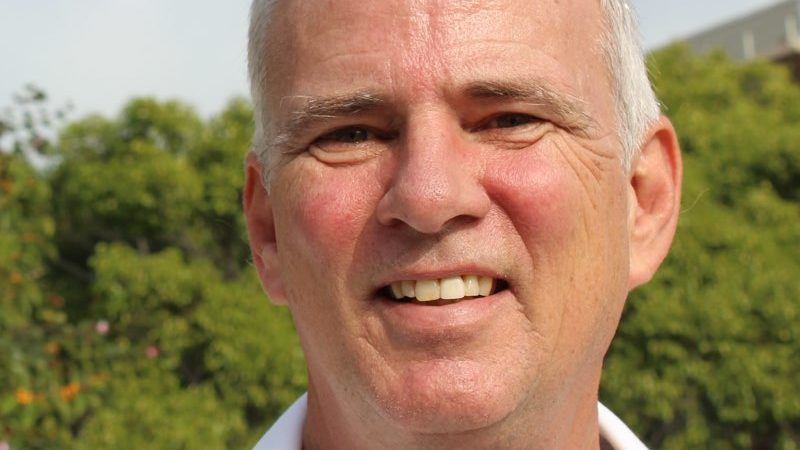
Climate Scientist Who Fled CA Wildfire: We’re Going to Keep Paying Price If We Ignore Climate Change
About the fire, you know, in some ways, this is a typical late fall, early winter fire event, with very, very high Santa Ana wind speeds, ignition at a time of year when our fuels are absolutely bone dry. And so, these sorts of fires are anticipatable. They would be anticipatable without climate change.
What climate change is doing, however, is that we see that in the—since the year 2000, we’ve had about 15 of our 20 largest recorded wildfires here in the state. So, we have good records. About 15 of those 20 have occurred since the year 2000. And that’s really been linked to and coincidental with record temperatures, increasing temperatures, that we see in this century. And those high temperatures, they do several things. Of course, they promote high evaporation rates in the summer, when we’re not getting any replenishment of water for the fuels, so the fuels become super, super dry. They prolong our fire season. They start it earlier in the spring, and they prolong it later into the autumn and into the winter. And they’re a driving force in this.
So the governor is quite correct. We could anticipate that these sort of events will occur in the future, and they will become worse. In fact, modeling, trying to look at what we’ll look like in 2100, is pretty universal in saying that, you know, our fire frequencies are going to increase, our fire sizes are going to increase. Maybe we’ll have a, at least one model suggests, 77 percent increase in fire activity like this by the time we get to the end of the century. So, these temperatures are driving things, and we can attribute those to increased greenhouse gases. But they’re not the only thing. Again, we would have these fires regardless of what’s going on with the climate. But they might not be as big. They might not be as frequent. They might not be as difficult to fight.
